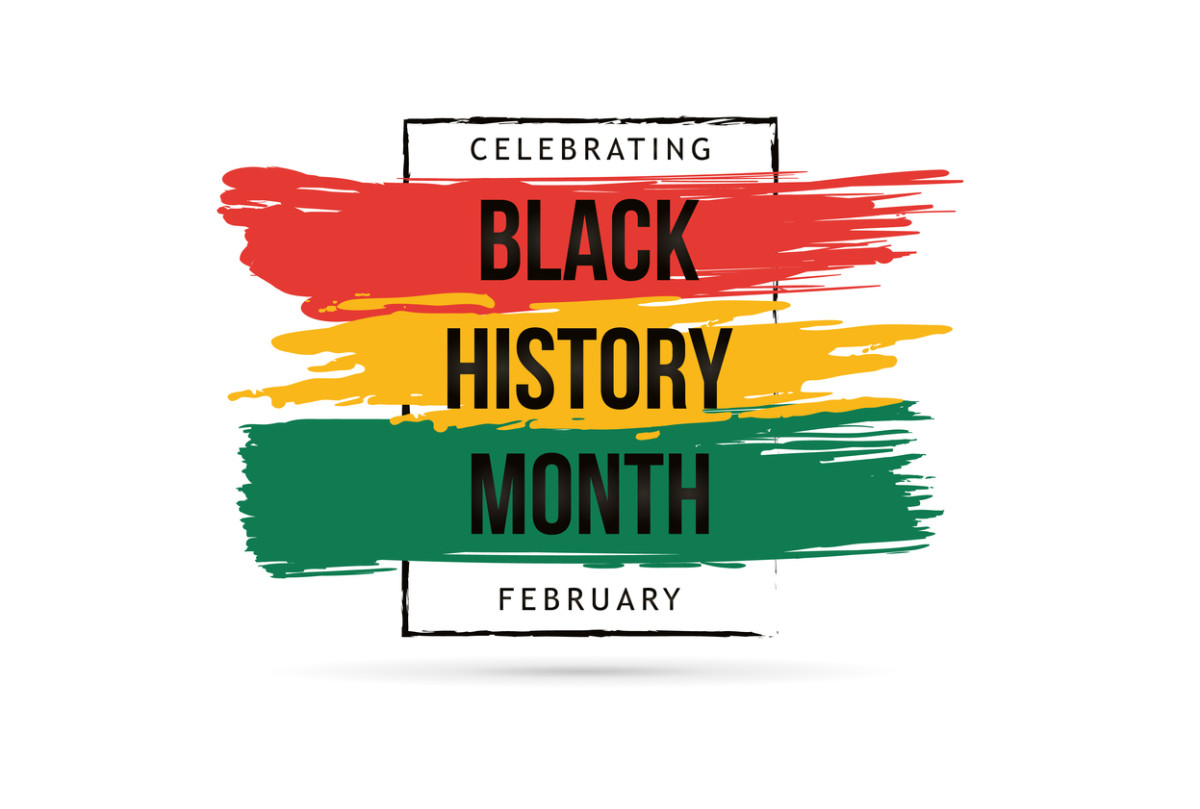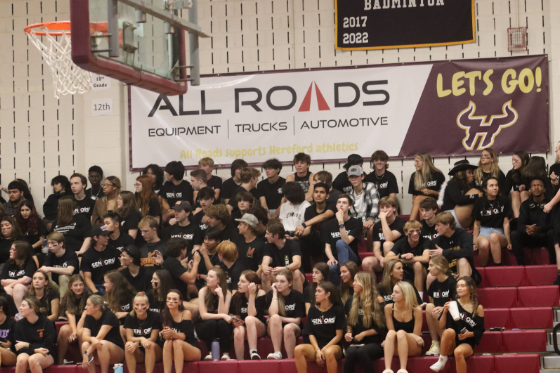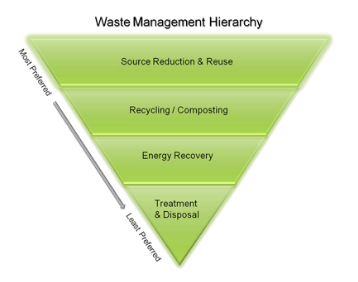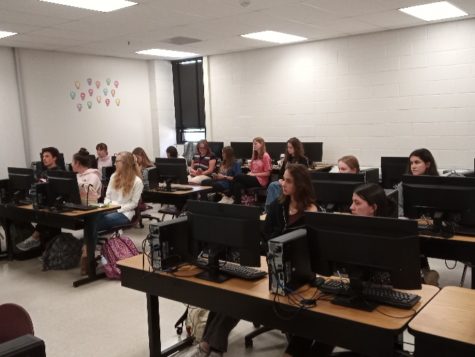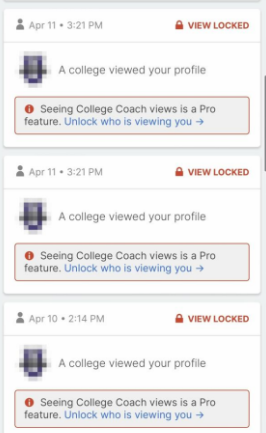Pay attention to the validity of news sources
March 11, 2019
A couple of weeks ago, in Human Geography, teacher Peter Imhoff, asked the class where they got their news. A few students said FOX and some said sources like The Washington Post and The Wall Street Journal. Other people mentioned more obscure sources and even conspiracy theory sites such as Infowars. With so much variety in reading material in just one class, I wondered what the students and staff read in general.
“I enjoy the New York Times and The Economist for general news” said Mahima Pande (‘19).
“I read [my mother’s] newspaper online, which is the Baltimore Post. She writes about more than one thing: it could be political, environmental, or school system stuff” said Catie Costantino (‘21).
Mr. Weber, a substitute teacher said “I read Drudge Report which is an Internet site, CNN, and the Baltimore Sun… I avoid anything that’s really far left or right, it’s too far out there for me”.
My point is to highlight the multitudes of media that people read or listen to other than FOX news and Sean Hannity or Rush Limbaugh which tend to follow a trend of inaccuracy. According to the site Pundit Fact, Sean Hannity has a 55% inaccurate statement rating and Rush Limbaugh said that “the Obama regime planned the influx of illegal alien children on the border”, which is false. The U.S. is deporting people more slowly than during the Obama administration despite President Donald Trump’s vast immigration crackdown, according to data from U.S. Immigration and Customs Enforcement.
Instead of dealing with inaccuracies, read The New York Times or The BBC which are rated as the most accurate news sources by Forbes.
Just be wary of who owns your news sources. Jeff Bezos, the owner of Amazon, has owned The Washington Post since 2013. This does not mean that the Washington Post is fake news, rather it means that as the reader, you have a responsibility to discern corporate interests from fact.
I recently learned that most local news stations across the country are owned by Sinclair Broadcasting, a telecommunications company with its headquarters in Hunt Valley.
As of today, Sinclair is the largest television station operator in the United States and largest by total coverage according to The Guardian although Nexstar Media Group many soon take the title. Sinclair has 191 television stations, 601 channels, and is active in 89 US markets according to their website. Sinclair’s approach is to air conservative segments on the small stations it owns, some of which are in the Baltimore area. In some cases, stations have to run them as often as nine times a week according to PBS. These Baltimore stations are WBFF, WNUV, and WUTB. This is not unlike propaganda. Duncan Troy (20’) said “[Sinclair’s] disinformation agenda violates ethics, broadcasting and editorial standards… [Sinclair] spreads disinformation and misuses the public airwaves to spread fake news to local markets”.
Until recently, Sinclair was trying to acquiesce Tribune Media which is comprised of 42 TV stations that reach approximately 50 million households. Sinclair ran afoul with the FCC because facts where not fully disclosed. In response to this, President Trump tweeted “So sad and unfair that the FCC wouldn’t approve the Sinclair Broadcast merger with Tribune. This would have been a great and much needed Conservative voice”. While unsurprising, it is unfortunate that the President would actively back a news station that has “broken antitrust laws” according to the BBC.
News companies are getting larger and larger illustrated by the recent deal between Nexstar Media Group and Tribune Media. “The deal would give Nexstar stations in eight of the nation’s 10 largest markets, including New York, Los Angeles and Chicago. And it would make the Irving, Texas-based Nexstar the company that owns or controls more U.S. local televisions stations than any other “according to NPR.
A general trend in media companies having a monopolies on news is rather alarming. As a reader, be sure to check the validity of what you read.
In today’s polarized society, the place where you get your news matter. Chris Corcoran (21’) said “I avoid Fox News, MSNBC, Infowars, and BuzzFeed. Instead I use NPR and the BBC because from what I have seen they have the least noticeable bias out of all the major news sources”.
Just as someone who is interested in music may read Rolling Stone or someone who is interested in scientific research may read Nature rather than Breitbart, someone who wants reliable information should not rely on President Trump for facts. “Donald Trump has said 3833 false things as U.S. president” according to the Toronto Star. He also has a worse fallacy rating then Rush Limbaugh (a known conspiracy theorist) (Pundit Fact).
If President Trump is stating inaccuracies about immigration to election hacking, issues which affect our country greatly, there is something wrong with the way we receive news.
To combat misinformation and general ignorance, download the BBC app or The Guardian app on your phone. It is free, accurate, and up-to-date.

